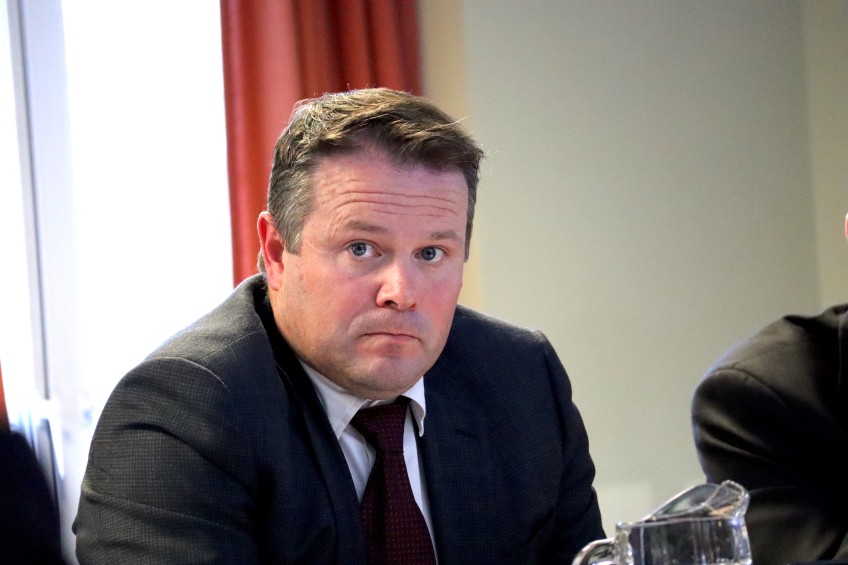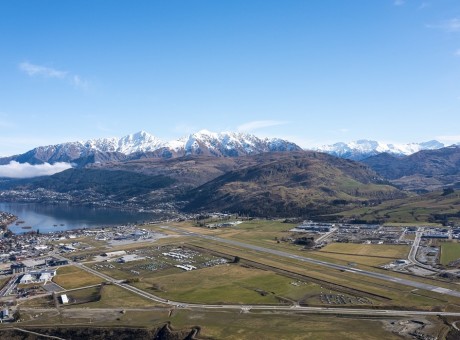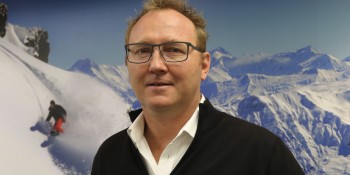Lewers to stand for second mayoral term - dismisses sewage breakdown

Queenstown Lakes Mayor Glyn Lewers today distanced himself from the town’s sewage crisis saying “its not our fault but it's our problem” just minutes before confirming that he will stand for a second term as QLDC mayor.
Mayor Lewers was speaking to ORC councillor and radio presenter Michael Laws on the Platform, where he also confirmed he would stand for a second term as Mayor in October’s Local Body Elections.
Lewers claimed the issue with the sewage was with the disposal field, while the Shotover sewage plant itself was meeting consent conditions.
He distanced himself from the decision to build the disposal field - a decision made by a "previous council for cultural reasons”. He is making a reference to iwi/Ngāi Tahu preferences for effluent to by handled by a gravity (not pressure) controlled system with disposal to land and not to water.
“The disposal field does not provide any treatment or added treatment benefits. So that's the issue we've got. It’s disposal to land. And look, this community wants it hidden and we're hiding it. And now that's become visible. That's where the angst comes from.”
“It’s not our fault but it's our problem and we'll sort the problem out.”
He said the council has $77m put aside to “sort this out” but added the disposal field adds no treatment whatsoever.
“I think that has to be made clear to the community whether we can actually come up with a way of disposal that both meets cultural needs as well as trying to reduce the cost.
“That's what my focus is on and trying to actually work that out. We're not gonna just run a pipe straight into the river. I think that would be totally unacceptable. But I think there has to be some halfway measures that we can meet.”
He suggested creating a wetland or using the water for irrigation as potential solutions.
Asked about his view on the Government’s Fast Track Approvals Bill, and the Coronet Village housing proposal, he said it would not be fair to say it would strain infrastructure, “because there is no infrastructure there”, apart from one road.
“So that's probably the real issue we will have to look at is how is it actually going to be served in infrastructure wise we're talking your waste water, you're drinking water, telecommunications, all those sorts of things that we will take for granted.”
The council was still in the dark as to its role in the wider contexts of the Fast track Approvals regulations.
“The legislation that has come through has suggested we can nominate one elected member onto the assessment panel or we can nominate an independent commissioner and we've still got to see direction from the EPA about how we go about that.
“The way the legislation is written, it's a very high bar to decline an application. So we'll be looking at how we fund growth and fund the infrastructure to enable growth for areas that haven't been identified in our growth strategy. Those particular developments will have to forward fund the infrastructure needed because if they get the consent, it’s just a consent but for any financing don't come knocking on the door of council.
“What concerns me is the time frames are quite tight under the legislation even for us to feed back information about how we, how the council's view of the world on a technical basis. Very tight. So again, as I said before, we're still a little bit in the dark about how our involvement is actually how it takes place in this process.”
The council would push back on any proposals that were contrary to the District Plan, he said.
However, that input would be limited to just providing “comment”.
























